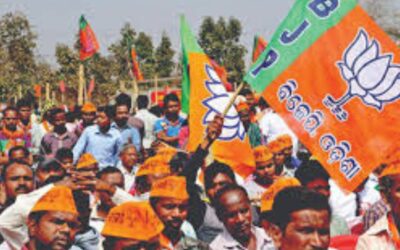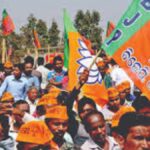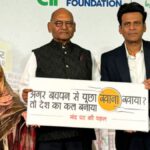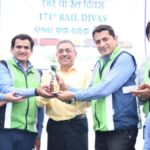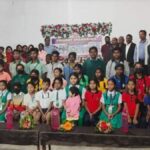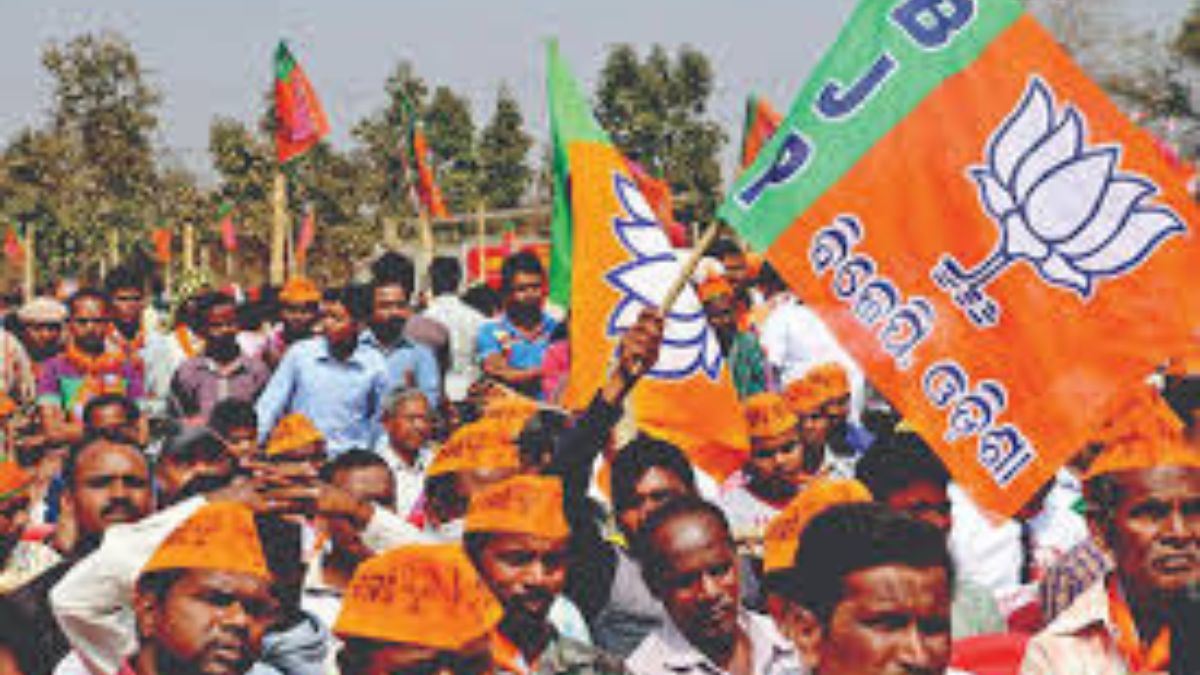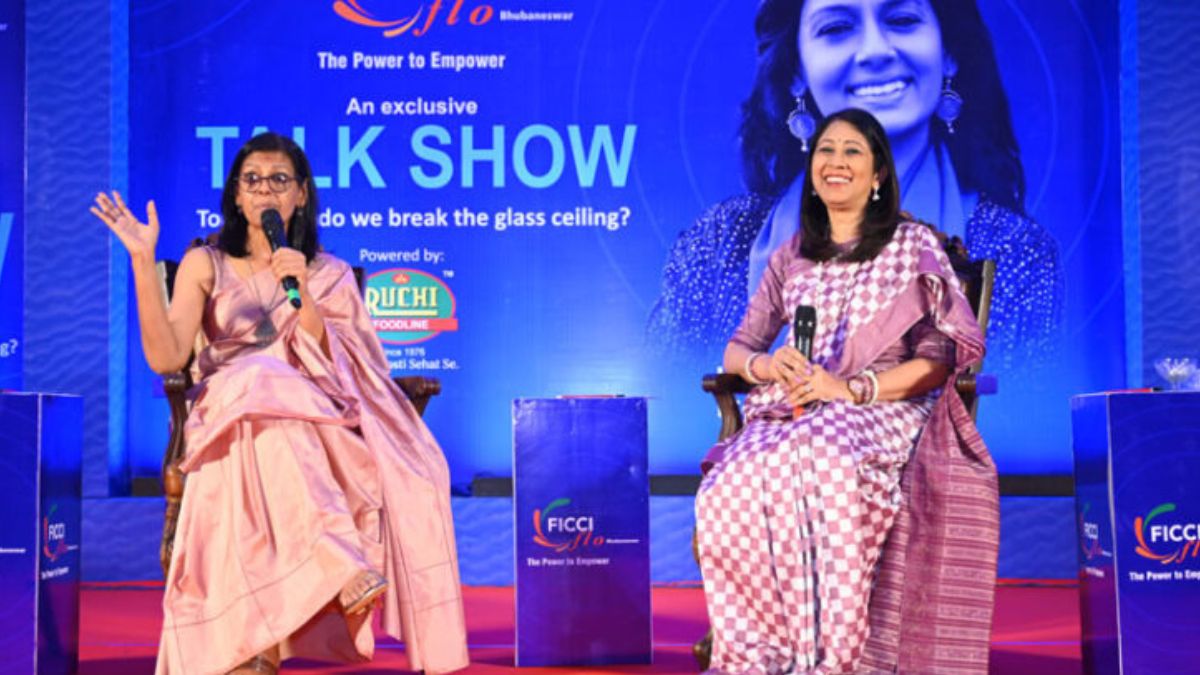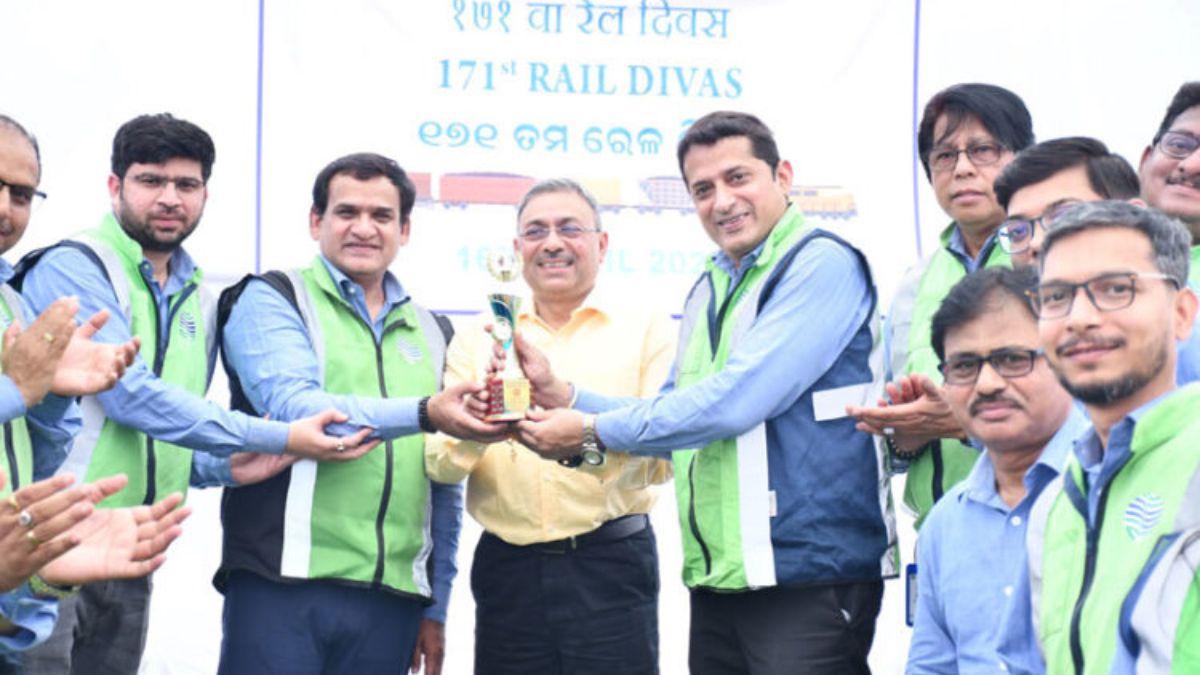OSDMA establishes Gender and Inclusion Cell

Bhubaneswar: The Odisha State Disaster Management Authority (OSDMA) has established a dedicated Gender and Inclusion Cell, marking a significant step towards implementing gender transformative strategies to enhance disaster risk resilience. The catalyst for this transformative initiative is the newly unveiled Road Map document, officially launched in Bhubaneshwar on Wednesday by OSDMA Managing Director Gyana Das and other senior officials.
In collaboration with the United Nations Population Fund (UNFPA), the Road Map incorporates valuable contributions from various organizations, individuals, and agencies. During the launch ceremony in Bhubaneswar, Dr. Gyana Ranjan Das, IAS, the MD of OSDMA, emphasized the groundbreaking nature of integrating gender transformative approaches, stating, “This initiative is set to redefine existing approaches to strengthening Disaster Risk Resilience, not just nationally but on a global scale.”
The strategic document, titled ‘Roadmap for Gender and Inclusion Cell: Strategizing a Gender Transformative Approach in Disaster Risk Resilience,’ outlines five primary focus areas: Program Review & Alignment, Capacity Building, Community Resilience, Knowledge & Data Management, and Multi-stakeholder Engagement & Coordination. Envisioned as a guiding document, this roadmap is intended for stakeholders across government departments, civil society organizations, and individual contributors involved in disaster management.
Dignitaries present at the unveiling of the Roadmap document included Sushmita Behera, Executive Director of OSDMA; Jagdananda, Mentor & Founder Member of CYSD; Lipika Das, Jt SRC; Nadeem Noor, Head of UNFPA Odisha; Dr. Sunita Jena, General Manager; Officers from OSDMA; Nodal officers from four government departments – Missions Shakti, H&FW, WCD & SSEPD; District Emergency Officers & DPOs from six coastal districts; State head of UNDP; SPA of UNWFP; PRI Members; Leaders of Civil society organizations such as NAWO, Aaina, and PREM; and community volunteers.
Stakeholders actively participated in the event, sharing their thoughts, ideas, experiences, and suggestions. These valuable insights will play a crucial role in implementing the roadmap and addressing societal disparities at the grassroots level.

